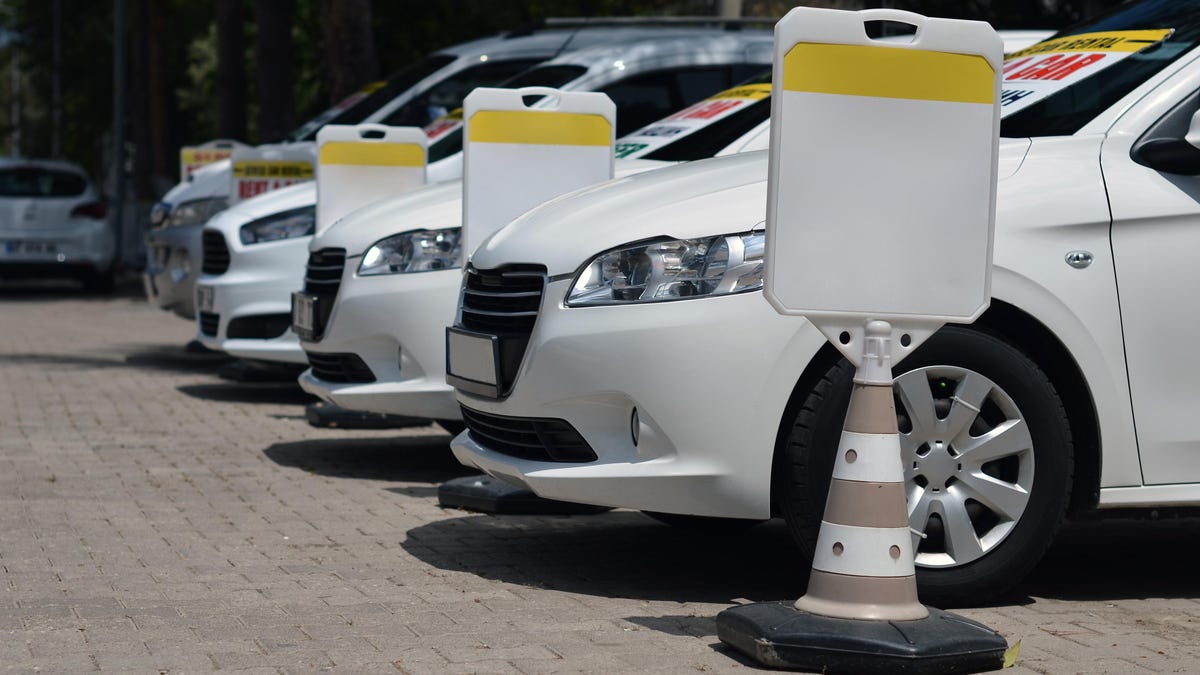Vaccination havens: the countries welcoming immunised travellers
Had your jab? These destinations will open their doors to you

International travel may be off the menu for most of us during England’s third lockdown, but there is a glimmer of hope on the horizon.
For those lucky enough to have received an approved coronavirus vaccine, some tourism-hungry countries have announced that their borders will be flung wide to the immunised traveller.
The airline industry is getting in on the action too, and is pushing for the World Health Organization (WHO) to confirm that it’s safe for people to fly without quarantining if they’ve had a Covid-19 vaccine. Getting the go-ahead from the WHO is a key step towards developing a global “digital travel pass” to enable safe international travel, according to the International Air Transport Association (Iata).
Vaccine or no, Britons are currently still banned from all leisure travel, whether domestic or international, while the UK struggles to reduce transmissions of Covid-19.
But once restrictions are lifted, here are the destinations welcoming vaccinated holidaymakers.
Estonia
Estonia has become the latest nation to offer quarantine exemption for travellers who have recovered from Covid-19 or who have been vaccinated against the virus.
The Ministry of Foreign Affairs currently imposes 10 days of quarantine on arrivals from abroad, with exceptions made only for low-risk European countries – Bulgaria, Finland, Greece, Iceland and Norway.
INDY/GO Weekly Newsletter
TIME TO TRAVEL!
INDY/GO Weekly Newsletter
TIME TO TRAVEL!
The Independent would like to keep you informed about offers, events and updates by email, please tick the box if you would like to be contacted
Read our full mailing list consent terms here
Arrivals from the UK are required to spend two weeks in self-isolation – though this can be halved by taking a free Covid test after seven days.
The government in the capital, Tallinn, has now eased its rules for people who are presumed to have acquired some immunity to coronavirus either through infection or vaccination.
The ministry says: “Starting from 1 February, the 10-day self-isolation and Covid-19 testing are not mandatory for individuals, including those arriving from the United Kingdom of Great Britain and Northern Ireland or a third country, who: (1) have suffered from Covid-19 and no more than six months have passed since they have been declared cured; (2) have undergone Covid-19 vaccination and no more than six months have passed since its completion.”
According to the Foreign Office, proof of recovering from Covid-19 should be a doctor’s certificate that includes the time, location, methodology and result of the analysis, as well as the details of “the institution that conducted the analysis”.
Vaccinated travellers will need to provide “an immunisation passport”, even though there is no international agreement on such a document, or a vaccination certificate with a similar level of detail to the doctor’s certificate.
The Seychelles
The Seychelles is planning to kickstart its tourism industry by getting rid of quarantine requirements altogether for incoming visitors who have been fully vaccinated against Covid-19.
The country will be welcoming fully vaccinated visitors from anywhere in the world with immediate effect, although they must still also present a negative Covid PCR test result taken with 72 hours of travel.
There will be no need for quarantine for vaccinated travellers – up until now, visitors had to self-isolate at their hotel for 10 days on arrival.
To be considered as vaccinated, visitors must have received both doses of any of the four main vaccines – Pfizer, AstraZeneca, Moderna and Janssen – and waited two weeks after the second dose for the inoculation to take effect.
As proof, visitors will need to submit an “authentic certificate from their national health authority”.
Romania
Romania has announced that travellers who have received both doses of the coronavirus vaccine will not need to quarantine on arrival, effective immediately.
In a document issued earlier this month, the country’s National Committee for Emergency Situations (CNSU) announced that people coming from countries or areas of high epidemiological risk, or who have come into direct contact with someone who’s tested positive for Covid, are exempt from quarantine measures if they are fully vaccinated.
That means they’ve had two doses of the vaccine, and at least 10 days have passed since the second dose was administered before arrival into Romania.
Piers Morgan confronts minister with Boris clip in awkward GMB interview
Incoming visitors will need to show proof of this through a “document issued by the health unit which administered it, from Romania or from abroad”. There’s no indication which of the vaccines will be acceptable.
The CNSU said that it’s made the decision based on the fact that there’s been a downward trend in infections in Romania and that there’s a “need to create the necessary socio-economic conditions” to benefit the national economy.
The changes will apply to visitors from the UK, who have up to now been required to quarantine 14 days as well as show evidence of a negative Covid test (either PCR or antigen test accepted) taken within 48 hours of travel.
Iceland
According to the Icelandic authorities, “all those who present a valid international vaccination certificate for full vaccination with an approved vaccine against Covid-19 are exempt” from the testing and quarantine requirements put in place for all other arrivals.
However, Iceland has stressed that having a vaccination doesn’t override the current travel restrictions – only individuals who are already authorised to travel to Iceland may enter the country. Iceland’s borders are only open to residents and citizens of EEA countries and Switzerland. Since the end of the Brexit transition period, the UK is considered a “third country” and therefore citizens cannot travel to Iceland – whether vaccinated or not – unless they have a valid exemption, such as having Icelandic family member.
Cyprus
In December, Cyprus became the first European Union Member State to announce it was planning to abolish entry requirements like testing and quarantine for travellers who get vaccinated against Covid-19.
However, the government plan is not set to come into force until March, when vaccinated travellers will not need to meet other Covid-related entry rules as part of a bid to restart tourism.
Cyprus Transport Minister Yiannis Karousos revealed the plan in the Cyprus Mail.
“The amended action plan is expected to further boost the interest of airline companies to carry out additional flights to Cyprus, improve connectivity and increase passenger traffic,” he said.
Those who have not been vaccinated must continue to meet testing and quarantine requirements to enter Cyprus.

 Lynk
Lynk 
































